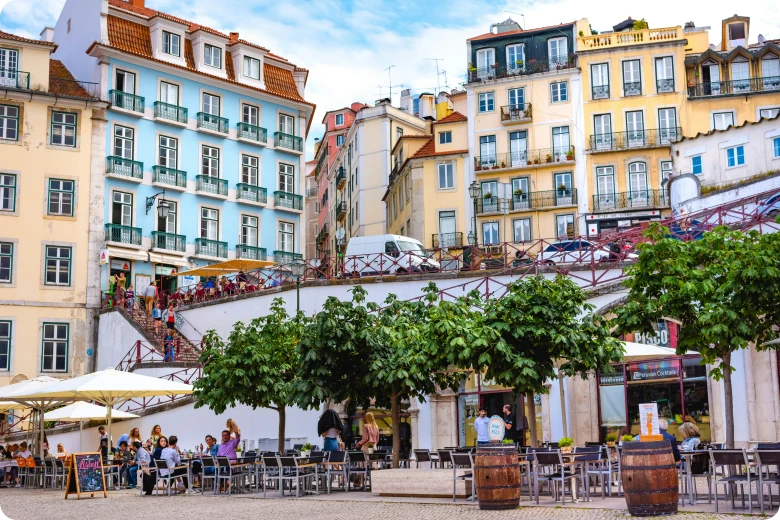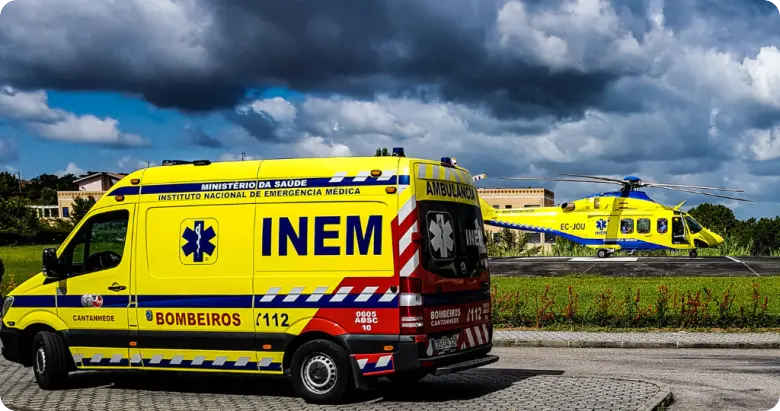How to call an ambulance in Portugal?
To call an ambulance in Portugal, you should dial 112. This is the national (and EU) emergency number, and it connects you to the emergency medical service via INEM when the situation is medical.
How to do it (fast checklist):
- Dial 112 and say you need an “ambulance in Portugal” (“preciso de uma ambulância” also works).
- Give your exact location first (address, nearby landmark, floor/door code if relevant).
- Explain what happened and the urgency (e.g., chest pain, breathing difficulty, serious injury), plus how many people need help.
- Follow instructions and don’t hang up until the operator tells you to.
If it’s not life-threatening but you still need medical guidance (for example, you’re unsure whether to go to an emergency department), you can call SNS 24 (808 24 24 24) for advice and referral.
What is the national emergency number?
The national emergency number in Portugal is 112.
Use this emergency number for any general emergency that needs immediate help, including the main emergency services: ambulance, police, and fire brigade. It is available 24/7 and works across Portugal (and the EU).
112: Your essential emergency number
The most important number to commit to memory is 112. Forget 911 or 999!
This is the pan-European emergency number, and it's your single point of contact for any type of emergency, whether you need a doctor, a firefighter, or the police.
112 is your one-stop number in any emergency, whether it’s for police, fire, medical help, or sea rescue.
Behind the scenes, emergency calls go through Public Safety Answering Points (PSAPs): regional dispatch centers that connect you to the correct service.
What to do in a medical emergency?
In a medical emergency, your priority is to trigger the right emergency response quickly and give dispatchers the information they need to send emergency medical services.
You dial 112. Your call is routed to a central dispatch center (Central de Emergência). The operator's first job is to triage your call. They will ask you for three crucial pieces of information:
- What is the emergency? (Medical, fire, crime, etc.)
- Where are you? (Be as precise as possible: district, city, street, number, and any nearby landmarks).
- What is the phone number you are calling from? (In case the call drops).
Based on your answers, the 112 operator will then coordinate the dispatch of the appropriate services.
Emergency call as a non-Portuguese speaker
For many immigrants, the immediate fear is the language barrier. Here's the reality: 112 operators are trained to handle calls in multiple languages, and English is the most common one.
In major cities and the Algarve, you have a very high chance of getting an operator who speaks English fluently. However, as some expats have noted, this is not a 100% guarantee, especially if the call is rerouted to a more regional sub-center during a busy period.
Even if your Portuguese is basic, try to learn these key phrases:
- "Eu preciso de uma ambulância." (I need an ambulance.)
- "Eu preciso da polícia." (I need the police.)
- "Eu preciso dos bombeiros." (I need the firefighters.)
- "O meu endereço é..." (My address is...)





































